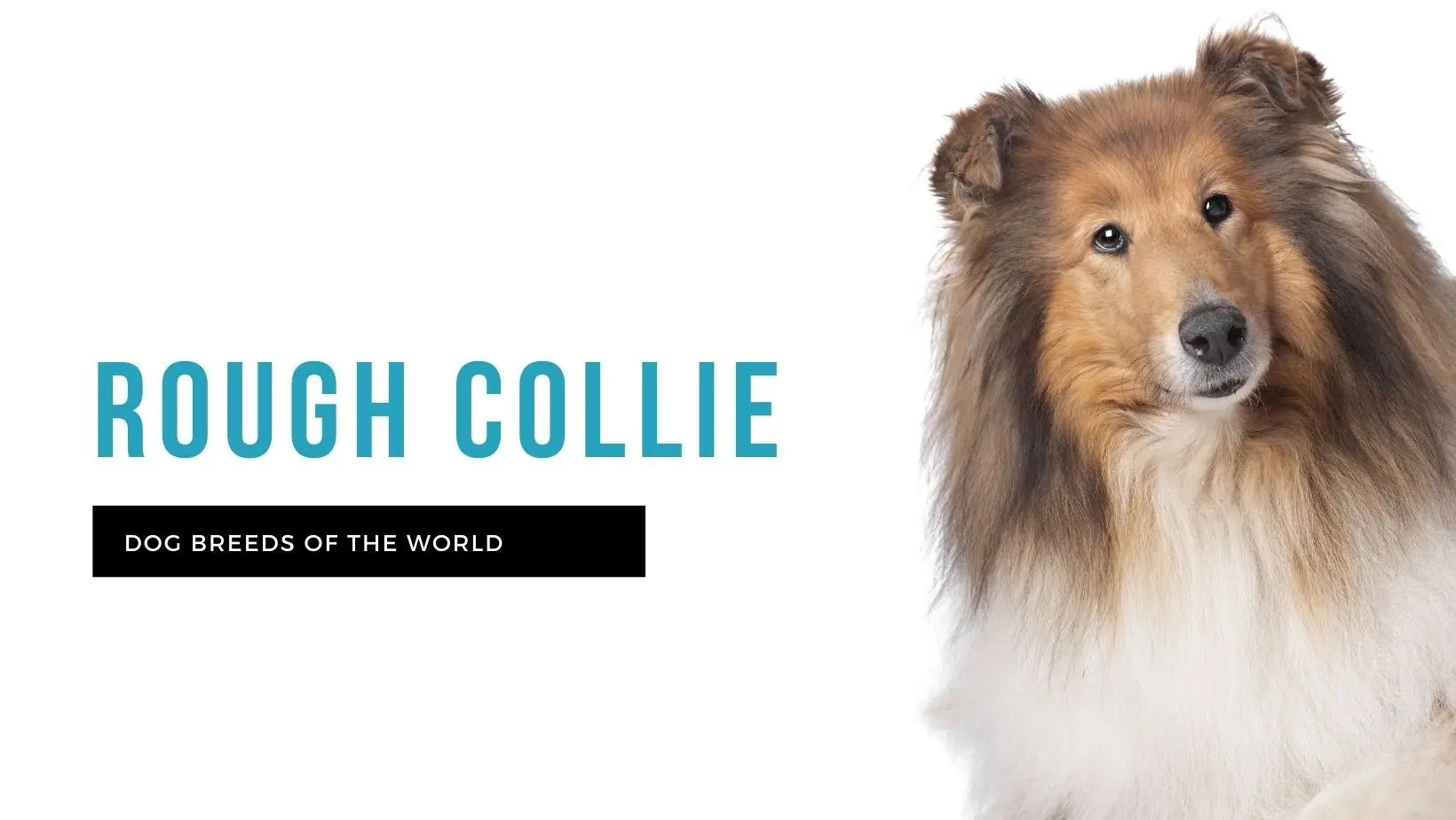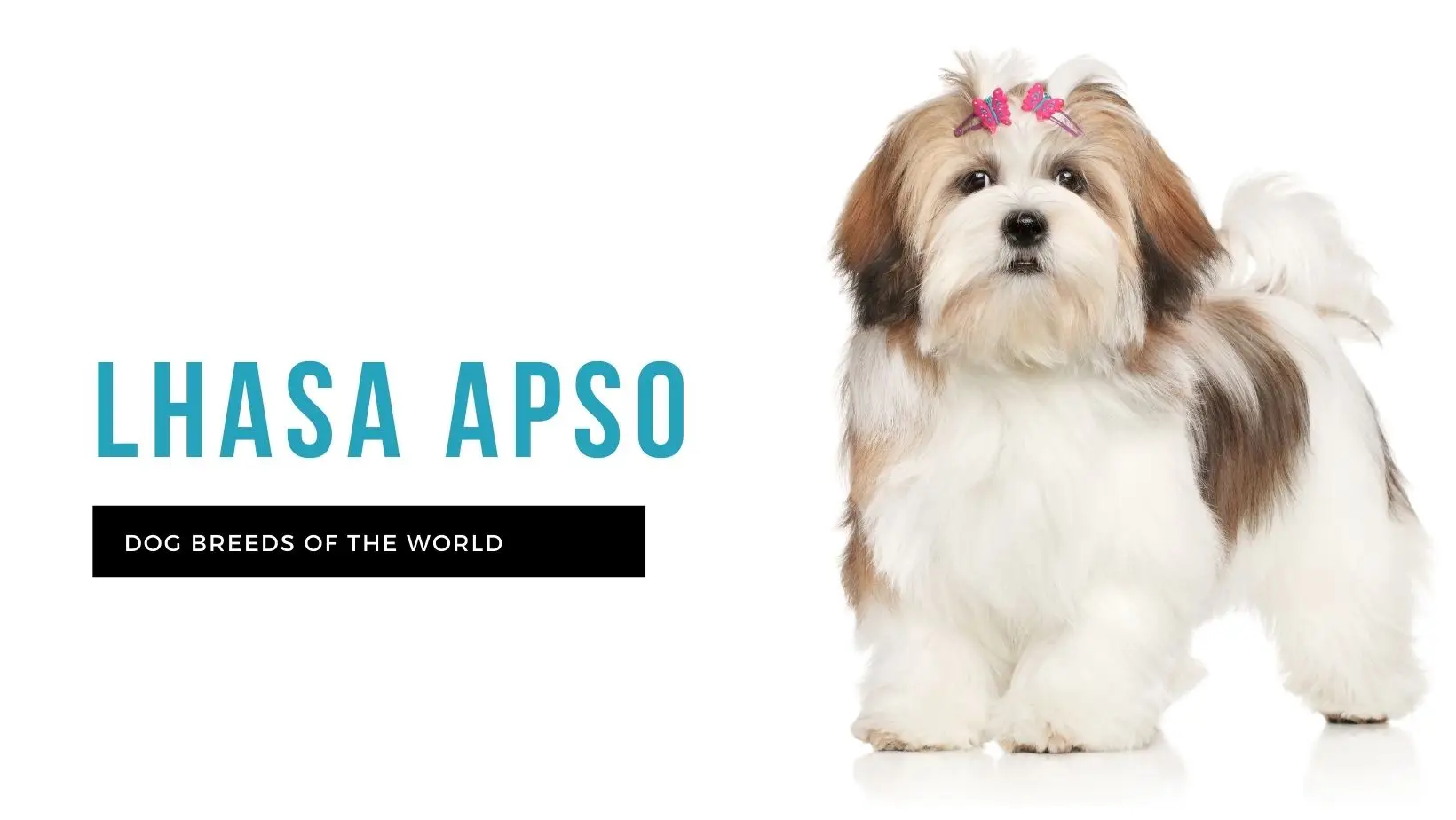The Collie Dog Breed: Complete Guide, Training, Care, and More
The Collie dog breed is one of the most recognizable and beloved breeds in the world. Known for their graceful beauty, intelligence, and loyalty, Collies have captured the hearts of dog lovers everywhere. Whether you’re considering bringing a Collie into your home or you already own one, this complete guide will give you all the information you need to understand this wonderful breed. From their history and physical characteristics to training, care, and choosing the right Collie for your family, we’ve got you covered. We’ll also dive into the pros and cons of owning a Collie and provide insight into their price range.
History and Origins of the Collie
The Collie breed has a long history that dates back to the Scottish Highlands, where they were originally used as herding dogs. They were specifically bred to help shepherds control and protect flocks of sheep, and their instinctive intelligence and trainability made them invaluable workers.
The name “Collie” is believed to come from the Scottish Gaelic word for sheepdog. While the breed was originally used in Scotland, it quickly spread to other parts of Britain and eventually the rest of the world.
Collies became widely known in popular culture thanks to the famous Rough Collie named “Lassie,” who was the star of a TV show and movies, epitomizing the breed’s intelligence, loyalty, and bravery. This helped solidify the Collie’s status as one of the most popular dog breeds worldwide.
Appearance and Characteristics of the Collie
Collies are a striking breed, known for their regal appearance and elegant frame. There are two distinct types of Collies: the Rough Collie and the Smooth Collie. Despite these differences, both types share common traits and characteristics. Below are the key features of the Collie breed:
Size and Weight
Collies are medium to large-sized dogs. They typically stand between 22 to 26 inches (56 to 66 cm) tall at the shoulder. Males are usually larger than females, weighing between 60 to 75 pounds (27 to 34 kg), while females typically weigh between 50 to 65 pounds (23 to 29 kg).
Coat and Color
The Rough Collie has a long, double-layered coat that is thick and weather-resistant. The Smooth Collie has a short, dense coat, but both types still have a double-layer coat that helps to protect them from the elements. Collies come in various color patterns, including:
- Sable and White: Rich gold and white markings, often with darker shading.
- Tri-color: Black, white, and tan with distinct color separation.
- Blue Merle: A unique color with a mix of gray, black, and white, with or without tan points.
- White: Pure white with minimal markings.
Eyes
Collies are known for their beautiful, almond-shaped eyes. They often have dark brown eyes, although some Blue Merle Collies may have one or both eyes that are blue or have a merle pattern.
Personality
Collies are renowned for their gentle, affectionate nature. They are highly intelligent dogs that are easy to train and are typically very loyal to their families. They are also very sociable and get along well with children, other dogs, and even strangers when properly socialized. Collies are known to be sensitive and perceptive, often forming strong bonds with their owners.
How to Choose a Collie
When choosing a Collie, there are several factors to consider to ensure that this breed will fit well into your lifestyle and home. Here are some things to keep in mind:
1. Age of the Dog
Decide whether you want a puppy or an adult dog. Puppies require more time and effort for training and socialization, while adult dogs may already be house-trained and have an established temperament.
2. Energy Level
Collies are an active breed and need plenty of exercise to stay healthy and happy. If you have a very active lifestyle, a Collie may be the perfect fit. However, if you are less active or unable to provide regular exercise, this breed may not be the best choice.
3. Health Considerations
Ensure that the breeder or shelter you are considering is reputable and that the dog has been screened for common health problems in the breed, such as hip dysplasia, elbow dysplasia, and Collie eye anomaly (CEA). It’s important to choose a Collie from a healthy line to minimize the risk of inherited health issues.
4. Coat Care Requirements
The Rough Collie requires regular grooming due to its long coat, while the Smooth Collie has a lower-maintenance coat. If you are looking for a breed that requires minimal grooming, the Smooth Collie may be the better choice.
5. Temperament
Collies are known for their intelligence, loyalty, and affectionate nature. However, some may have a more reserved or protective personality. Spend time with the dog before adopting to ensure that their temperament aligns with your expectations.
Training Your Collie
Collies are highly trainable and eager to please, making them an excellent choice for first-time dog owners. However, like all dogs, they need consistent and positive training to thrive. Here are some training tips for your Collie:
1. Start Early
Early socialization and basic obedience training are key for Collie puppies. Start training as early as possible to help your dog develop into a well-rounded adult. Introduce your puppy to different people, dogs, and environments to build their confidence.
2. Positive Reinforcement
Collies respond best to positive reinforcement, such as treats, praise, and play. They are eager to please their owners, so using reward-based methods will help them learn quickly. Avoid harsh training methods, as Collies are sensitive dogs and may become fearful or anxious if treated harshly.
3. Consistency is Key
Being consistent with commands, rules, and routines will help your Collie understand what is expected of them. Set clear boundaries and stick to them.
4. Mental Stimulation
Collies are intelligent dogs that enjoy mental challenges. In addition to physical exercise, engage your Collie with puzzle toys, obedience training, and activities that make them think. This will help prevent boredom and behavioral problems.
5. Obedience Classes
While Collies are easy to train, they can benefit from enrolling in obedience classes, especially for first-time dog owners. These classes can provide structure and guidance and help with socialization.
How to Care for Your Collie
Collies are generally healthy and easy to care for, but they do have specific needs. Here’s how to keep your Collie in top condition:
1. Exercise
Collies are active dogs that need daily exercise to stay healthy. Long walks, playtime in the yard, and some off-leash time in a safe, fenced area will keep your dog happy and prevent pent-up energy from causing behavioral problems. They are also good companions for running or hiking.
2. Grooming
The Rough Collie requires regular grooming due to its thick, long coat. Brush their coat a few times a week to prevent matting and reduce shedding. Smooth Collies require less grooming, but they still benefit from regular brushing.
3. Diet
Feed your Collie a high-quality dog food that is appropriate for their age, size, and energy level. Collies are prone to gaining weight if overfed, so it’s important to monitor their food intake and provide the right portions.
4. Veterinary Care
Regular veterinary checkups are essential for maintaining your Collie’s health. Keep up with vaccinations, flea and tick prevention, and annual wellness exams. Be sure to keep an eye on potential health issues, such as hip dysplasia, eye problems, and hypothyroidism.
5. Mental Stimulation
Collies are intelligent and need mental stimulation to keep their minds sharp. Train your dog regularly, teach them new tricks, and provide interactive toys to keep them engaged.
Pros and Cons of Owning a Collie
Pros:
- Intelligent and Easy to Train: Collies are among the most intelligent dog breeds and are highly trainable.
- Loyal and Affectionate: Collies are known for their loyalty and bond closely with their families.
- Great with Children: They are excellent family dogs and get along well with children and other pets.
- Versatile: Collies can be active and playful, but they can also be calm and laid-back when indoors.
Cons:
- High Exercise Needs: Collies need plenty of exercise, so they are best suited for active individuals or families.
- Grooming Requirements: The Rough Collie requires regular grooming, which can be time-consuming.
- Can Be Reserved: While friendly, some Collies may be reserved or cautious around strangers.
- Prone to Health Issues: Collies can suffer from genetic health problems, such as Collie eye anomaly (CEA) and hip dysplasia.
Price of a Collie
The price of a Collie varies depending on the breeder, location, and the dog’s lineage. On average, a Collie puppy can cost between $600 and $1,500. If you’re looking for a dog with champion bloodlines or exceptional traits, the price may be higher.
In addition to the initial cost of purchasing a Collie, you should also consider ongoing expenses for food, grooming, veterinary care, and training.
Conclusion
The Collie is a loving, intelligent, and loyal dog that makes a wonderful companion for the right family. Whether you choose the Rough or Smooth variety, Collies thrive on regular exercise, socialization, and mental stimulation. With their gentle nature and strong bond with their families, Collies are sure to bring joy and love to any home. Just be prepared for regular grooming, daily exercise, and the commitment that comes with owning an active and intelligent breed. If you’re ready for a devoted and smart companion, the Collie could be the perfect dog for you.




